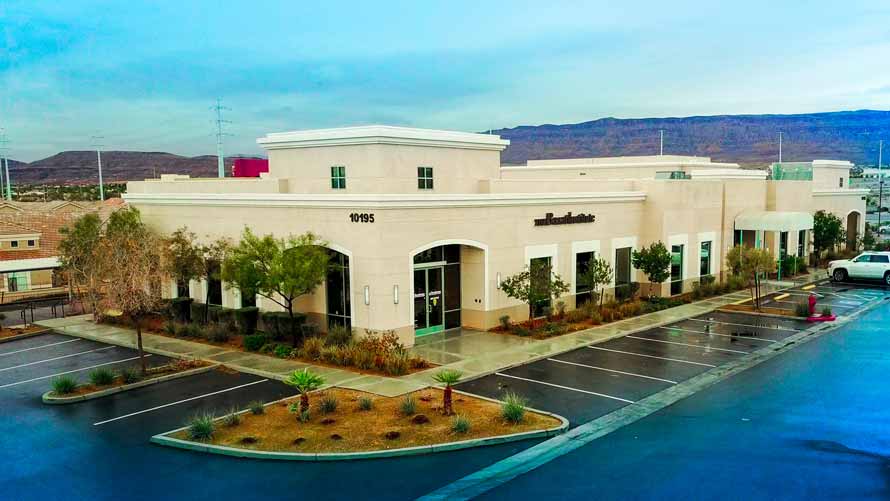As our nation struggles with how to improve a troubled and costly health care system, the experience of ambulatory surgical centers (ASCs) is a great example of a successful transformation in health care delivery. ASCs are still a new concept as, only 40 years ago, virtually all surgeries were performed in hospitals. Physicians have taken the lead in the development of ASCs because of frustrations like: scheduling delays, limited operating room availability, slow operating room turnover times, challenges in obtaining new equipment due to hospital budgets and policies.
ASCs can cover a wide range of medical issues, including: orthopaedics, gastroenterology, dermatology, ophthalmology, etc.
By operating in ASCs instead of hospitals, physicians gain increased control over their surgical practices. In the ASC setting, physicians can: schedule procedures more conveniently, assemble teams of specially trained and highly skilled staff, ensure that the equipment and supplies being used are best suited to their techniques, design facilities tailored to their specialties and to the specific needs of their patients.
Physicians themselves have at least some ownership in virtually all (90%) ASCs. But what is more interesting to note is how many ASCs are jointly owned by local hospitals that now increasingly recognize and embrace the value of the ASC model.
According to the most recent data available, hospitals have ownership interest in 21% of all ASCs and 3% are owned entirely by hospitals. ASCs also add considerable value to the US economy, with a 2009 total nationwide economic impact of $90 billion, including more than $5.8 billion in tax payments.
The ASC health care delivery model enhances patient care by allowing physicians to:
- Focus exclusively on a small number of processes in a single setting, rather than having to rely on a hospital setting that has large-scale demands for space, resources and the attention of management
- Intensify quality control processes since ASCs are focused on a smaller space and a small number of operating rooms
- Allow patients the ability to bring concerns directly to the physician operator, who has direct knowledge about each patient’s case, rather than deal with hospital administrators, who almost never have detailed knowledge about individual patients or their experiences
- Physician ownership also helps reduce frustrating wait-times for patients and allows for maximum specialization and patient–doctor interaction.
Unlike large-scale institutions, ASCs:
- Provide responsive, non-bureaucratic environments tailored to each individual patient’s needs
- Exercise better control over scheduling, so virtually no procedures are delayed or rescheduled due to the kinds of institutional demands that often occur in hospitals such as unforeseen emergency room demands
- Allow physicians to personally guide innovative strategies for governance, leadership and most importantly, quality improvement
As a result, patients say they have a 92% satisfaction rate with both the care and service they receive from ASCs.
The Bonati Spine Institute was the first orthopaedic ambulatory spine center in the U.S. and has performed over 70,000 procedures with a 98.75% patient satisfaction rate. If you would like one of our surgeons to review your case, simply complete our online contact form.

